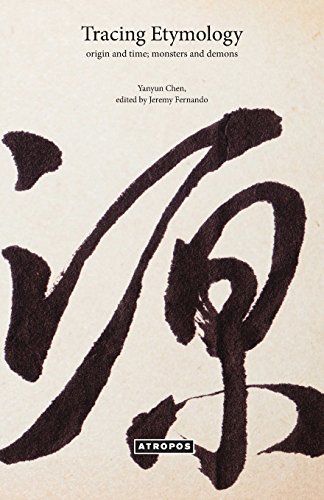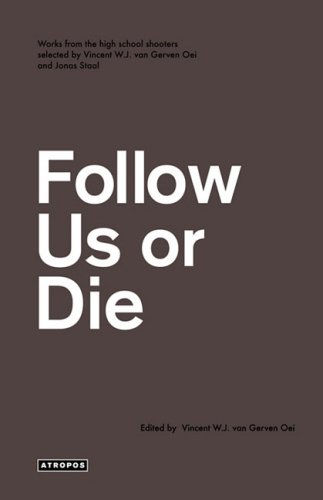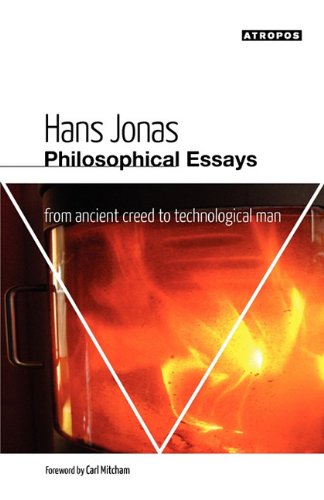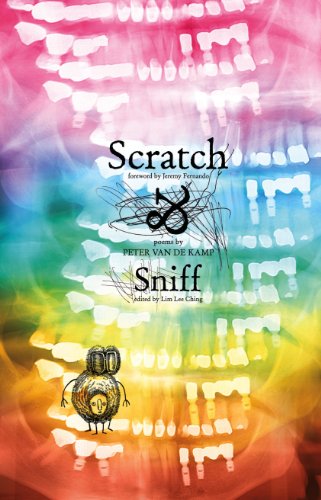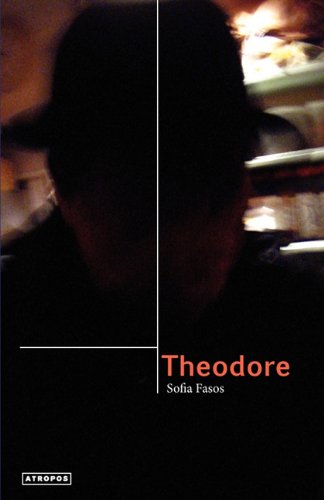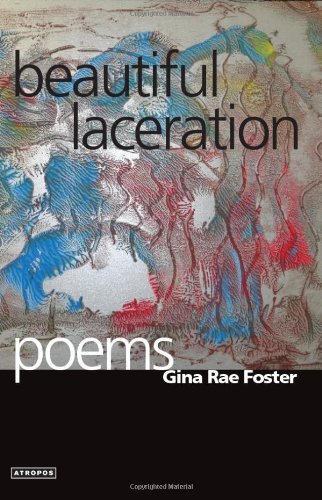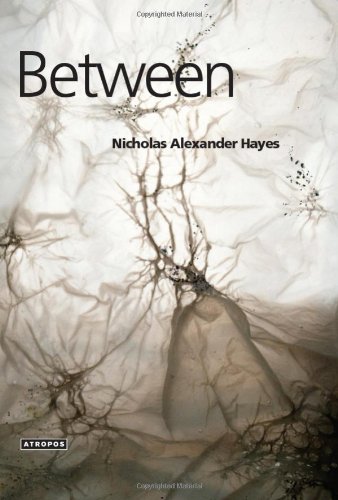Jeremy Fernando (Author), Daniel Chan (Translator), James Batcho (Afterword)
On Fidelity; Or, Will You Still Love Me Tomorrow...
Paperback – May 1, 2014 | 118 Pages | ISBN here* | ISBN here*
This text attempts to open the dossier of fidelity; and, in particular, attend to the question of the relationality between fidelity and its object, to the question of must there be an object to fidelity? For, if one is faithful to something or someone, is one responding to the what, the characteristics of the thing, the person; or the who, the person, thing, as such? Which is not to say that what and who are necessarily distinguishable, separable, to begin with. However, if we open the register that the who is always already beyond us -- outside of knowability, even if only slightly -- this suggests that it is the spectre, the potentially unknowable, that haunts all relationality. Thus, even if there is an object to one's fidelity -- without which one cannot even begin to speak of fidelity, speak of relationality -- this might well be an objectless object or, at least, an object that remains veiled from us.
This attempt to think what is fidelity takes place through a meditation on the phrase I love you; an utterance of relation, of a relationality between an "I" and a "you"; a relationality in which the two in relation with each other remain unknown, in which the other remains veiled. And more than that, if love is the openness of one to another, it is a relationality where the "I" is altered, but perhaps in ways that one remains blind to. Thus, I love you is an utterance of relationality that does nothing more, or less, than promises relationality between one and the other -- an utterance in fidelity to the possibility of a relationality. Hence, it is a "yes", an affirmation, that cannot know what it is affirming, but is nonetheless opening itself to all possibilities, even that of a "no."
And here, perhaps we should also attempt never to forget that an, any, attempt to think fidelity always also calls into question the fidelity of thinking, the fidelity of thought. Thus, quite possibly the question of fidelity always also calls forth the infidelity that this question entails, which all quests entail.


